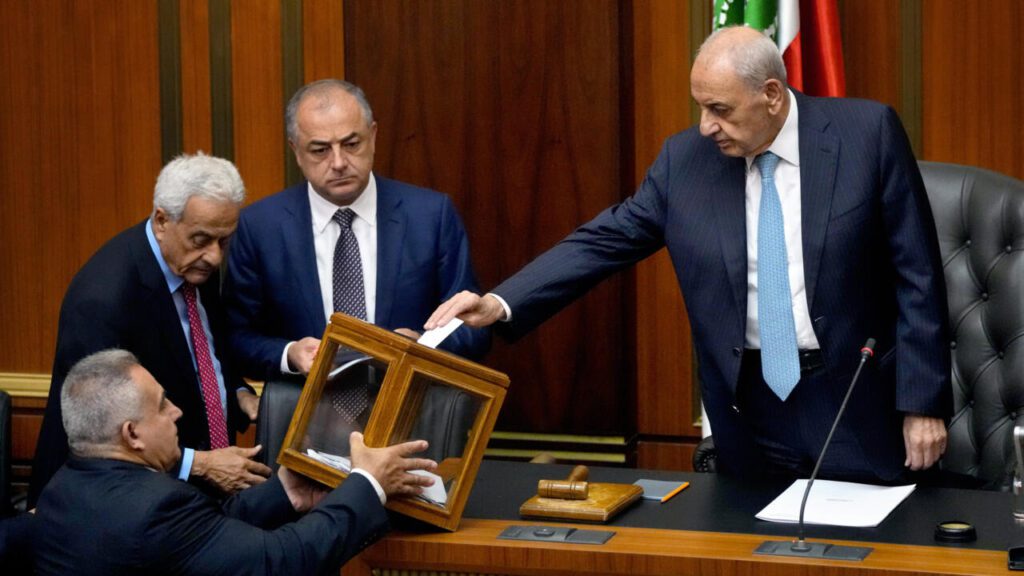The Lebanese Parliament approved the 2024 state budget after three days of consecutive discussions, thereby respecting the mandated timeline. While considered a milestone by the government, the budget imposed more indirect taxes affecting low-to-middle income earners and provided more exemptions for political affiliated corporations.
The budget also notably disregarded the ongoing conflict – something only a few politicians were able to point out – thus ignoring the needs for affected populations in the south and the necessary budget allocations to compensate for damages.
The State Has Nothing to Do with the Conflict
In congruence with the government and Prime Minister Najib Mikati’s position, the budget was passed with the government outsourcing its responsibility for dealing with the conflict, leaving the displaced and affected communities out of its budgetary allocations.
Despite large damages on the south’s agricultural crops, including the burning of 55 percent of agricultural fields, the destruction of farms and a whopping 400-fold increase in phosphorus rates in the soil, the budget did not make any special accommodations to deal with these issues.
According to economist Ali Noureddine, the authorities are acting as if the war is taking place in another country. Effectively, this is seen in the lack of monitoring of displacement figures, and the lack of overall data monitoring and material cost estimations.
Such a governmental approach is reinforced and accentuated by a rise in isolationist and semi-federalist discourses, with Hezbollah’s political opponents, such as Lebanese Forces leader Samir Geagea, rejecting suggestions that the government should compensate for people in the south and advising Hezbollah to compensate since it has control over the country’s decision to “go to war.”
The lack of budgetary accommodation reflects the overall consequences of a failed state on the population’s livelihoods. Strategic, protective and promotive efforts that cater to the needs of those affected have also been notably absent from governmental institutions with the exceptions of a few ministerial endeavors and superficial governmental emergency plans.
More Indirect Taxation, More Exemptions for the Wealthy
Reflecting a long-held political economy trajectory, the budget heavily relies on indirect taxation as a source of government income. It lowers the VAT threshold for businesses, which basically means that small-to-medium companies have more taxes to pay.
On the other hand, the budget decreases taxes that can be considered as progressive as it projects a decrease in revenues from income and capital gains by one third, and exempts a large number of businesses, all while reducing penalties on tax evaders, benefitting large corporations and political elites.
Less Allocations for Service Provision
Worryingly, with the service sector already in a deteriorated state, the budget allocates less for the Ministry of Social Affairs and the Ministry of Education and Higher Education, whose allocations have fallen behind 2019 levels by 67 and 82 percent respectively.
As such, the Lebanese state has continued its trajectory in weakening the public sector in favor of private and connected individuals and corporations, reinforcing a divisive political trajectory that threatens social cohesion, and putting the lives of vulnerable communities at further danger through disregard or political violence.
